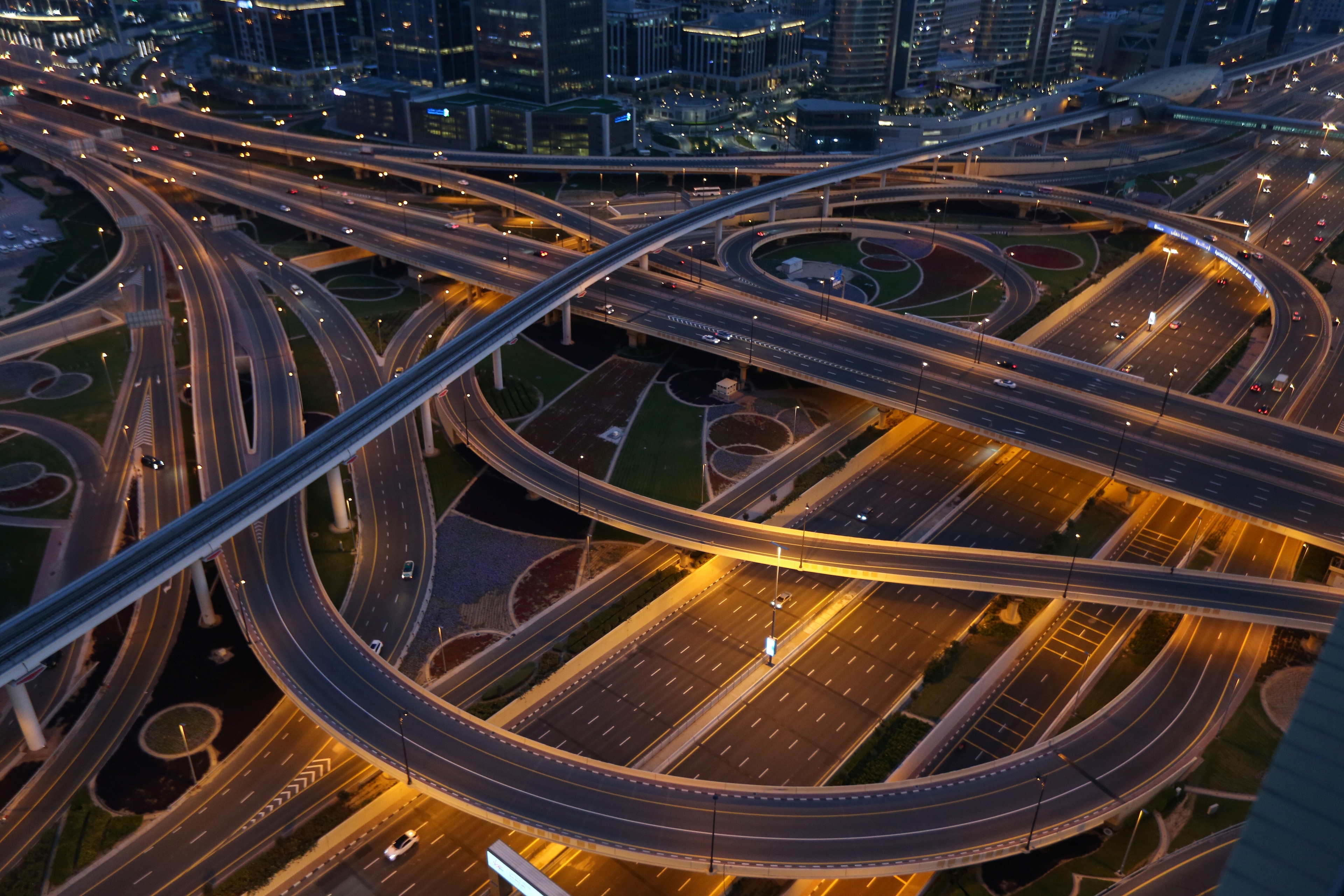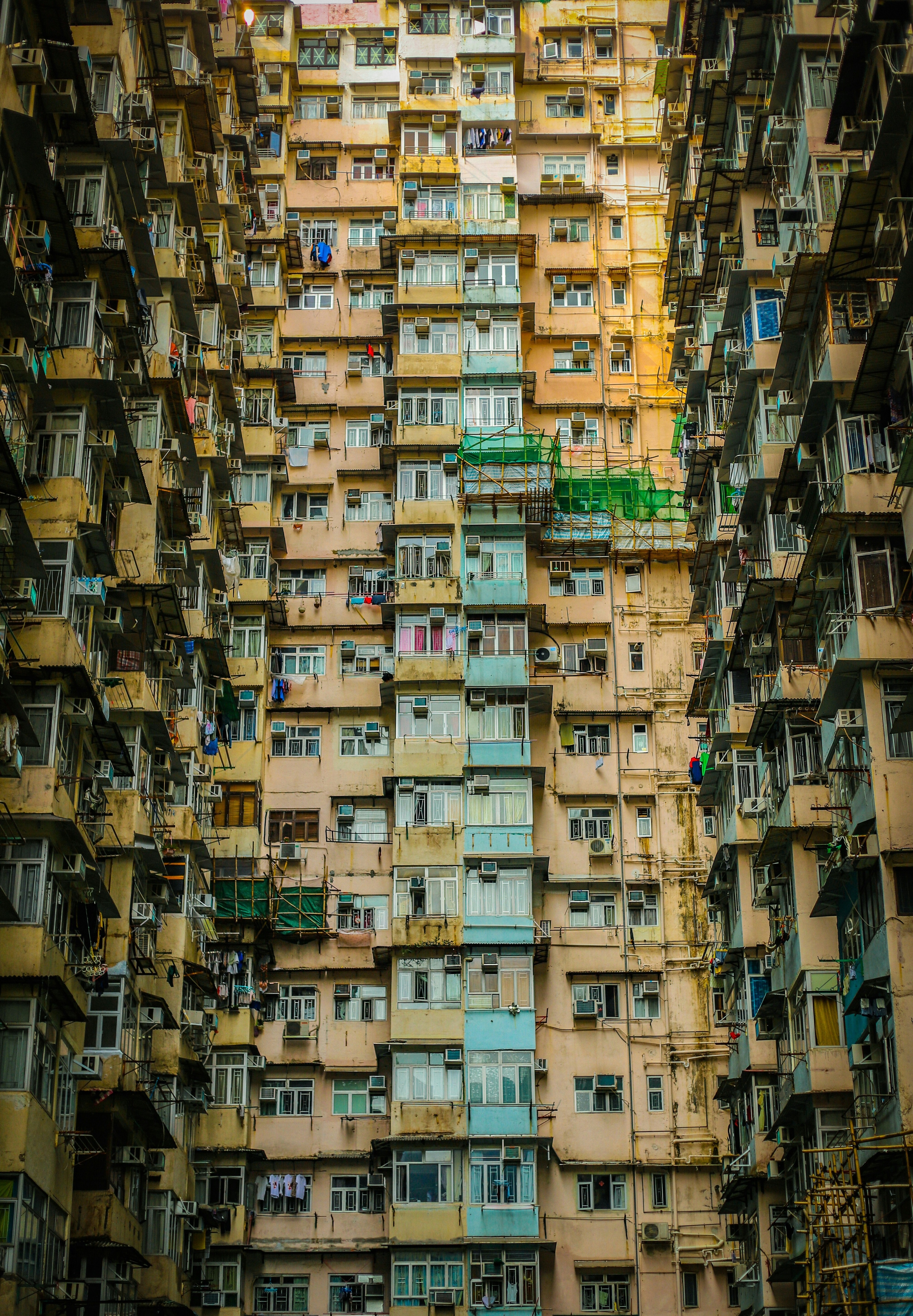Shaping well-being into the future of our urban communities

How can we encourage and support sustainable lifestyles in terms of both efficiency and well-being?
Image: REUTERS/Carlos Garcia Rawlins
Stay up to date:
Long-Term Investing, Infrastructure and Development
“When you look at the books about well-being, you see one word – happiness... Happiness is determined by factors like your health, your family relationships and friendships, and above all, by the feeling that you are in control of how you spend your time. When you analyse happiness, it turns out that the way you spend your time is extremely important”, explains Daniel Kahneman, psychologist, behavioural economist and 2002 Nobel Laureate in economics.
In a world confronted with resource shortage, climate change and rapid demographic shifts in emerging and developed countries alike, it is more critical than ever to think about how the built environment can provide a lifestyle that is affordable, sustainable, healthy, peaceful and happy, for as many people as possible.
Considering the accelerating urbanization and expansion in the global south versus the shrinking middle classes in the global north, and the fact that up to 80% of our ageing building stock will likely still exist in 2030, we need to be aware that the future of the infrastructure and urban development sector is not solely about industry-specific issues but also, directly and indirectly, about the future of our built environment, of our communities and, ultimately, of the well-being and happiness of our societies.
From this perspective, what is the future of the built environment and how can we encourage and support sustainable lifestyles in terms of both efficiency and well-being? With respect to social sustainability, the built environment can enable healthier lifestyles and greater community cohesion through innovative and smart design, thereby contributing to a greater sense of well-being and happiness.
A global and orchestrated approach is urgently needed to proceed in this direction. However, as the concerned citizen may have sensed in recent months and years, we seem to be at the crossroads of substantial and irreversible change in a negative sense: our communities are rapidly disintegrating; public debate is progressively dominated by fear, amplified obscurity and lack of empathy. Populism is on the rise, long-term and international bonds are being gradually destroyed. The resulting risk is that decades of careful investment in multilateral relationships could collapse overnight.
In these critical times, we have to pause to try to understand the root causes of this fear and populism. We must ask what has disrupted or destroyed the social fabric of our communities to cause such a setback. We have to ask, and answer, the question: Are we doing the right thing? Are business, government and civil society doing the right thing? We see systemic change. Yet it is individuals, systemic leaders, who are governing and leading it. The question, consequently, can be asked of individuals as well as organizations - Are you doing the right thing? Am I doing the right thing? And we must reply in a trustworthy, credible and ethically sound manner. This is our responsibility.
In industry community discussions within the context of the World Economic Forum, we frequently hear it said that “trust” is increasingly missing in systemic collaboration – in contractual partnerships or even informal interaction, for instance. It’s time to elevate our industry agenda to a much broader dimension that will open the discussion on predominantly technological and business case innovation to include the essential elements of trust, integrity and ethics as key enablers of public-private-civic cooperation.
As Yuen Ren Chao, one of the most well-known Chinese-American linguists, put it, "language is voluntary behaviour, a set of habits and a form of communication". In essence, language plays a critical role in the symbolic systems in which trust resides.
Trust – however meaningful in a personal and cultural context – is very difficult to convey in a simple and universally understood manner across businesses and institutions.Trust, in the post-modern context, comprises both cognitive and emotional aspects. Strong leadership requires doing the right thing and so it must integrate both of these aspects in a responsive and responsible manner if it is to be trustworthy.
Doing the right thing – as in setting a path for taking the right decisions – requires tremendous mastery, particularly when it comes to complex systemic interactions between business, government and civil society, including institutions and the broader public. Whereas asymmetry is almost always present in these systems, successful leadership in the digital age depends as much on established aptitudes as it does on trust.
Successful public-private-civic cooperation and collaboration require strong and trustworthy bonds between partners from business, government and civil society. To prepare solid ground for this, or to re-establish the bonds needed, we must invest without further delay in an honest and unbiased dialogue on trust, integrity and ethics. Within the Forum, we began such a conversation in 2016, the third year of our collaboration project between the Partnering Against Corruption Initiative and the Infrastructure & Urban Development community. Now we need to intensify these efforts in tangible terms, starting with the future of our industry.
To understand the importance of successful cooperation models led by the industry, we have to be more aware of their potential impact, and responsibilities: as human beings, we can live and survive without the support of many industry sectors, or even despite many industries. We cannot live and survive, however, without appropriate shelter, clean air, clean water, safe sanitation and physical and social interconnectedness. Remarkably, providing all these basic human needs is the core purpose of our Infrastructure & Urban Development industries. These basic needs can and should be elevated and expanded by giving serious consideration to quality of life and even community happiness.
The key indicators of the Gross National Happiness Index include psychological well-being, standard of living, governance, health, education, community viability, cultural and ecological diversity and resilience, as well as how time is spent. The parameters governing the empirical Quality of Life Index are purchasing power, pollution, house price to income ratio, cost of living index, safety and healthcare indices, traffic commute time and climate index. Many of these parameters can be directly improved with the help of the Infrastructure & Urban Development industries and by you personally, as leaders in this sector.
Moving swiftly from consideration for well-being to the Fourth Industrial Revolution, the latter gives us an opportunity to establish an ethical (program) code and rules, thereby to ensure that there remains a choice between a utopian and a dystopian world. The time to factor in the human element into the equation that is the Fourth Industrial Revolution is now.
This industry has the skills, expertise and capabilities needed to propose human-centric solutions. Still more significantly, this industry, more than certain others, is by virtue of its activities fundamentally and primarily interested in and concerned by people and their well-being. They and their needs are the foundation on which we build. We can’t allow IT rhetoric and ruthless data-collecting corporations and governments to usurp or suppress discussion on issues of trust, integrity and ethics – still less allow their unilateral ruling to govern these and our future. The stakes are too high, as citizens and as an industry. In this context, we would do well to remember that our industry was the first to use computers, in the first half of the last century. Konrad Zuse – civil engineer, inventor, entrepreneur and computer pioneer – invented the world’s first programmable computer. The origin of computer application in our industry underscores our responsibility towards ethical technological advancement and the well-being of our societies, present and future.
Looking back even further in history, we have to ask, “What made for the cohesive fabric of ancient cultures?” It was the cities – life in dense and often voluntarily restricted and shared space that allowed intense interaction, fast-track innovation and maximized the well-being and fulfilment of citizens, striving for a universal higher purpose and cultural realization through music, the arts, philosophy and science.
When considering your future projects, take some of your key goals and elevate them to the broader dimension – to a higher universal purpose. The Infrastructure & Urban Development industries are capable of satisfying not only basic needs, but also the higher and more sophisticated needs of our communities – that they may thrive. This is an extraordinary mission for an exceptional industry. With it comes extraordinary responsibility – our industry and our industry leaders need to steer away from a purely contracting/executing mindset towards one driving responsible use of knowledge, expertise, the power of innovation and last but not least, ethical engineering and conviction.
Regularly and repeatedly we need to be asking ourselves: Are we doing the right thing? Am I doing the right thing? Together, let’s repair the fabric of our broken communities. Let’s help increase trust, integrity and ethical behaviour in business and government. In a united industry effort, let’s lead by example and apply innovation to reduce noise, improve air quality, improve water quality, minimize commuting time, maximize social and community interaction through the creation of high-quality public space. In our cities, let’s create densification of space for art, for education, for contemplation, to create living space that connects friends and families through generations. We can create space for the local sourcing of food, bring holistic and human-centric medicine closer to the hearth of our communities, strengthen social, environmental and economic resilience and enhance safety in our communities, protecting those without means, our elderly, our children. Let’s build life-generating cities for the well-being of our next generations.
When designing our future cities, delivering urban services or working on any project: do not restrict your thinking to the innovation of self-healing materials alone but open it up to the social, environmental and economic – hence financial – innovations that enable the self-healing and resilience of our communities. At this crossroads of choice, we can ask: Are we doing the right thing? Am I doing the right thing? It’s that simple.
And equally important, as John D. Rockefeller, American industrial magnate and philanthropist, put it:”Next to doing the right thing, the most important thing is to let people know you are doing the right thing.”
Don't miss any update on this topic
Create a free account and access your personalized content collection with our latest publications and analyses.
License and Republishing
World Economic Forum articles may be republished in accordance with the Creative Commons Attribution-NonCommercial-NoDerivatives 4.0 International Public License, and in accordance with our Terms of Use.
The views expressed in this article are those of the author alone and not the World Economic Forum.
Forum Stories newsletter
Bringing you weekly curated insights and analysis on the global issues that matter.
More on Urban TransformationSee all
Muhammad Hassan Dajana and James Balzer
July 22, 2025
Olivia Nielsen
July 16, 2025
Luis Antonio Ramirez Garcia
July 14, 2025
Sam Markey, Basmah AlBuhairan, Muhammad Al-Humayed and Anu Devi
July 8, 2025
Jeff Merritt, Charlotte Boutboul and Marc Biosca
July 2, 2025




